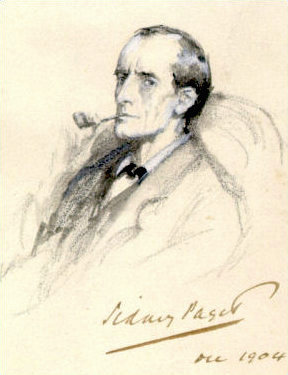The age of this movie approaches a quarter of century--its silver anniversary. It is probably in the top 10-20% of films--worth rewatching. But it was hard for me to buy into it.
I remember spotting the book by Bret Easton Ellis in the bins and my being attracted to the title yet put off. I have a recollection of some claiming it was overrated, a must-read by others. My experience of the film must have been similar, hearing opposing opinions, and running into the show in the late beginning and sensing jarring double tones.
It is not a movie you can pick up anywhere. You must start at the beginning with the opening credits:
Feel the contrast of tones. Yet feel how they meet, collide, slide past one another, compliment and negate. It's all well done.
The opening title and the knife create one expectation, then serve up another. But both exist together with the elegant yet playful music, set against plates decorated as much for design as for taste. The laundry list of foods is probably outside most people's checkbook, let alone taste buds.
We come upon the men gathered at a table with crude joking contrasted with serious business discussion, adding a dash of confusion over who and where Paul Allen is.
Now Paul Allen was a real person, one of the wealthy who helped Bill Gates forge the early PC revolution. So there's that play going on here as well since the Paul Allen discussed here is fictitious and has nothing to do with the early PC revolution. But this play, this contrast, this misdirection, this confusion--all play into the story.
Stop here if you haven't seen the film and you plan to do so. Spoilers lie ahead--thematic along with suggestive ones.
#
The theme is interesting, rather blatant -- for those who are seeking such things. At no point did I view it as an attack on women. Maybe? There is misogyny, but it's part of a greater blindness to people. Such a viewing would have to leave out the rest of the film. It's strange to mistake design for flaw.


